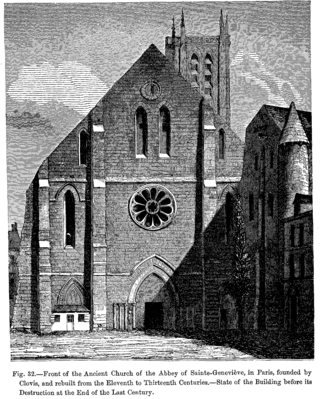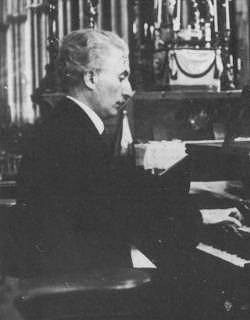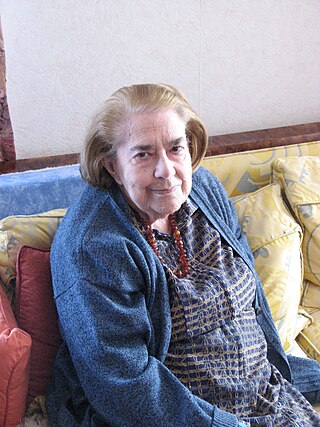Related Research Articles

Michel Corrette was a French composer, organist and author of musical method books.
Guillaume-Gabriel Nivers was a French organist, composer and theorist. His first livre d'orgue is the earliest surviving published collection with traditional French organ school forms. Nivers's other music is less known; however, his treatises on Gregorian chant and basso continuo are still considered important sources on 17th century liturgical music and performance practice.

The French Organ Mass is a type of Low Mass that came into use during the Baroque era. Essentially it is a Low Mass with organ music playing throughout: part of the so-called alternatim practice.

Jean Victor Arthur Guillou was a French composer, organist, pianist, and pedagogue. Principle Organist at Saint Eustache in Paris, from 1963 to 2015, he was widely known as a composer of instrumental and vocal music focused on the organ, as an improviser, and as an adviser to organ builders. For several decades he held regular master classes in Zurich and in Paris.

André Raison was a French Baroque composer and organist. During his lifetime he was one of the most famous French organists and an important influence on French organ music. He published two collections of organ works, in 1688 and 1714. The first contains liturgical music intended for monasteries and a preface with information on contemporary performance practice. The second contains mostly noëls.
André Edouard Antoine Marie Fleury was a French composer, pianist, organist, and pedagogue.

Édouard Commette was an organist from Lyon in France of international fame who served the Archdiocese of Lyon and was organist at Basilique Notre Dame de Fourvière for over 50 years.
Michel Léon Chapuis was a French classical organist and pedagogue. He was especially known as an interpreter of the French and the German Baroque masters and dedicated to historically informed performances.

Antoine Louis Joseph Gueyrand Fernand Fouant de La Tombelle was a French organist and composer.
Jean Henri Marcel Boyer was a French organist and a professor of organ at several institutions including the Conservatoire national supérieur musique et danse de Lyon.
Marius André Gueit was a 19th-century French organist, cellist and composer.
Norbert Stéphane Jean-Marie Dufourcq was a French organist, music educator, musicologist and musicographer.
Antoine Louis Raffy was a French composer of church music and organist.
Jean-Baptiste Nôtre was a French composer and organist.
Jean-Louis Florentz was a French composer.

Jeanne Angèle Desirée Yvonne Joulain was a French organist, concertist and music educator.
Noëlie Marie-Antoinette Pierront was a 20th-century French organist, concertist and music educator.

Jean-Patrice Brosse was a French harpsichordist and organist.
Adrien Rougier (23 June 1892 – 1 July 1993 was a French organist, organ builder, conductor and composer.
Georges Guillard is a French organist, former holder of the Great Organ of the Notre-Dame-des-Blancs-Manteaux church in Paris.